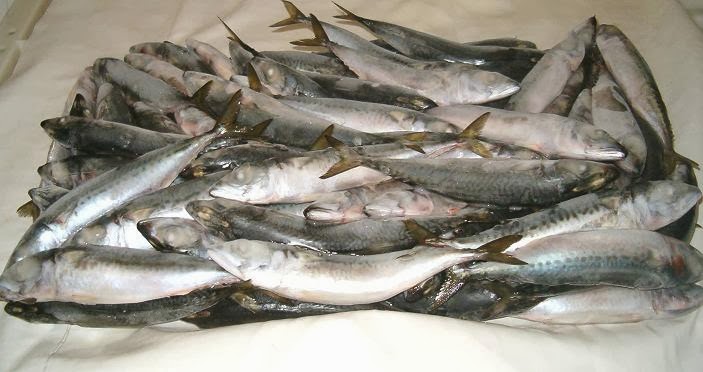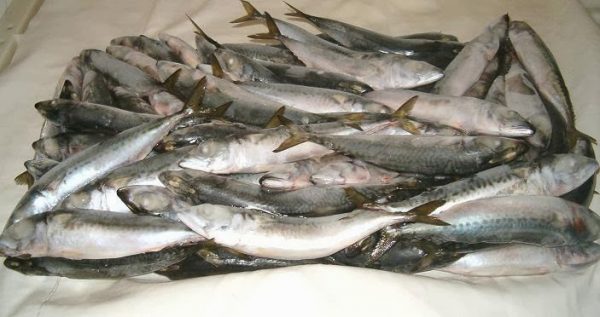In the 1950’s traders in Lagos’s markets dismissed the
frozen fish business as a silly idea. When one man dared to present it before
Nigerian consumers, they mockingly labeled his product ‘mortuary fish’.
Today, there are literally thousands of outlets selling frozen fish across the country. It’s now hard to understand why the idea seemed a joke to people all those years ago. This change has happened for the most part because of a single person’s efforts. His decision to press on with an unpopular venture has spawned what is now a multi-billion naira niche.
Read more about Business
That man was Michael Ibru.
The Ibrus are a family from Agbarha-Otor, a town in modern Delta State. These days, they’re known for presiding over one of Nigeria’s biggest business empires. But in the early 1900s, their forebears lived in the country’s southwestern region, and it was there that the young Michael Ibru had his formal education.
He obtained a Cambridge School Certificate from Igbobi College in 1951, and began working at the United Africa Company (UAC). He became one of the first Nigerians to attain a managerial position at the company, doing so at an early age. But he soon left to pursue his own business interests.
Ibru’s first engagements as an entrepreneur were in general trading and construction. This came through partnerships and the purchase of a stake in an existing business. As his successes accumulated, his investments became more daring.
In 1957, he launched into the frozen fish business. At the time, there wasn’t any detectable appetite for the product. The odds were stacked against him: earlier attempts by Europeans to run a similar venture had failed; frozen fish was hardly known in the region; and the beef sellers were determined to frustrate Mr. Ibru’s efforts.
But Ibru knew that there was an exploding demand for seafood, and that fresh catches weren’t enough to fill the gap. There could be more protein on the meal tables of Nigerians if they adopted fish preserved by freezing where freshly harvested ones were unavailable. It was a huge market waiting to be tapped.
So he plunged head on into the risky waters of the local fish business. To counter the mockery of the livestock merchants, he got the market women to sing the praises of his product in regular, lively processions. In time, what was once ridiculed ‘mortuary fish’ became a sought-after commodity.
At first, Ibru imported his fish and had it preserved in cold storage facilities located in Lagos. But as his business expanded and the demand for fish grew, local fish figured on his product list.
Find our comprehensive listings of businesses in Nigeria here
By the 1970s, Ibru Sea Foods (the company he founded) was raking in ₦90 million annually. The company also held about 60 percent of Nigeria’s emerging frozen fish market. Although Ibru had expanded his business empire to include other concerns, the fishing and fish trading enterprises remained a big part of things for him.
The supply gap for fish in Nigeria remains substantial. In 2015, Nigeria harvested 1.027 million tons of fish from its waters and fish farms. But that was just a third of the total demand for fish in the country.
Thankfully, more merchants are working to fill this hole. Some of them are taking the path paved by Mr. Ibru in the 1950s: they’re preserving the stocks they’ve gathered in cold storage facilities, freezing millions of fish so that they remain palatable to the Nigerian consumer.
Featured image source: Youth Entrepreneurship
Did you find this article useful? Contact us: [email protected]


